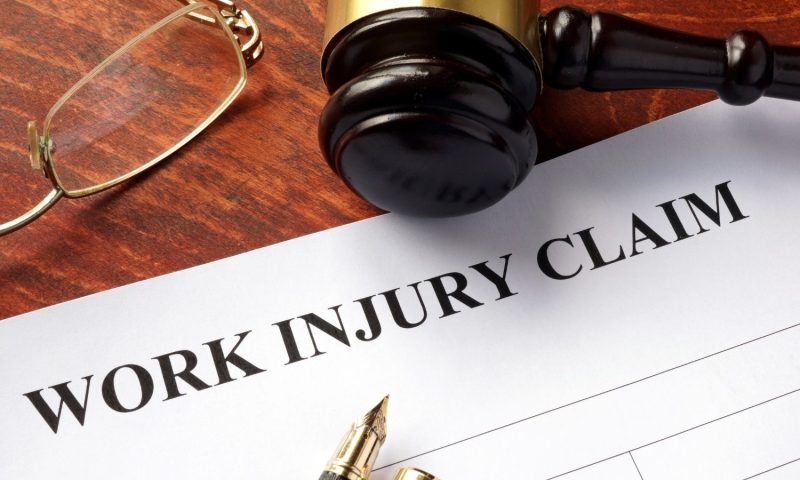Worker’s compensation is one of the most important assets an employee can have. Should you sustain an injury in your workplace, your company should have funds set aside for the sole purpose of paying for your treatment. These funds also hold your employer liable for safer procedures going forward. But even so, many individuals find themselves confused when it comes to this process. After all, it may not be immediately apparent whether your incident is covered. This is how to tell if you’re eligible for worker’s compensation and ensure that you get what you need.
Your Injury Occurred on the Clock
The first things that make you eligible for worker’s compensation is where and when your injury occurred. Employers have a responsibility to keep their employees safe during working hours. As such, getting injured on the clock automatically makes employers responsible for covering the cost of your medical treatment. You can even request additional compensation depending on whether your accident happened because of company negligence.
Your Employer Has Worker’s Comp Insurance
You’re also free to file for worker’s compensation if your employer has the necessary financial coverage. Many industries require companies to possess worker’s compensation insurance so that the companies can provide support for their employees. This isn’t the case for every business, but having this coverage means you’re able to request a settlement following a workplace accident. So make sure you ask right away whether your company has this insurance.
You’ve Adhered to Reporting and Filing Deadlines
Another way to tell if you’re eligible for worker’s compensation is compliance with your state’s reporting and filing deadlines. Every state has a statute of limitations on personal injury filings. Making your claim within this time frame allows you to pursue compensation. However, should you miss the deadline, you waive your right to these funds. Most often, the statute of limitations for workplace injuries is between one and two years.
You Have a Lawyer Who Will Take Your Case
If you can find a personal injury lawyer willing to help you with your filing, this is a good sign you’re entitled to compensation as well. These professionals know the legal system well and understand how to present the evidence surrounding your accident. They can even explain worker’s compensation third-party cases and help you pursue them, depending on your situation. Getting the aid of a lawyer guarantees that you’re protected and that you’re taking the proper steps toward a settlement.
